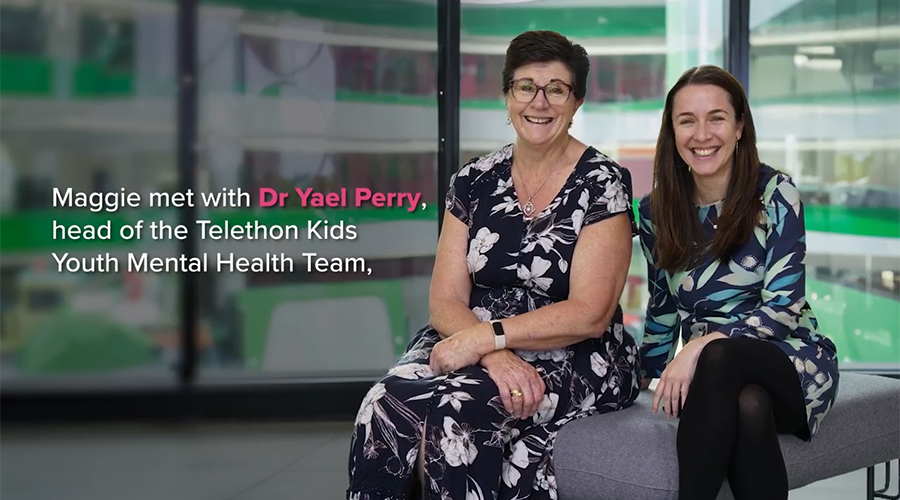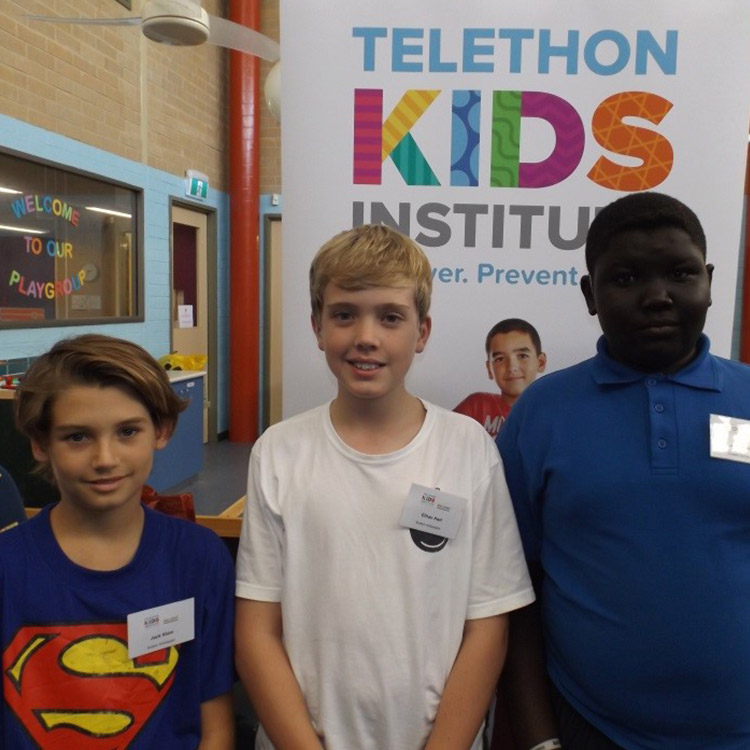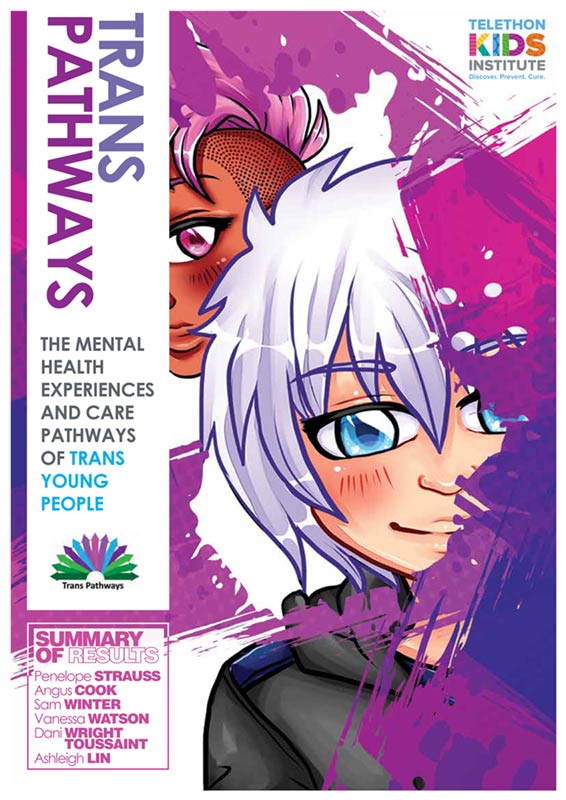Search

News & Events
Maggie Dent visits The Kids Research Institute Australia as part of research for new bookWe were delighted to have Australia’s best-known parenting author, Maggie Dent, back at The Kids Research Institute Australia this week, to talk about the mental health of our teenagers.
Research
Treatment for Childhood and Adolescent Dissociation: A Systematic ReviewDissociative symptoms are linked to experiences of trauma, often originating in childhood and adolescence. Dissociative disorders are associated with a high burden of illness and a poor quality of life. Despite evidence suggesting that early intervention can improve outcomes, little research exists on the treatment of dissociative disorders in childhood and adolescence.
Research
The Investigation of Health-Related Topics on TikTok: A Descriptive Study ProtocolThe social media application TikTok allows users to view and upload short-form videos. Recent evidence suggests it has significant potential for both industry and health promoters to influence public health behaviours. This protocol describes a standardised, replicable process for investigations that can be tailored to various areas of research interest, allowing comparison of content and features across public health topics.

News & Events
Healthway supports innovative mental health, physical activity research at The KidsThe Kids Research Institute Australia and The University of Western Australia researchers have been awarded more than $1 million in funding from Healthway, for projects to improve the mental health of LGBTQA+ young people, encourage early physical activity in childcare centres and create healthier local environme
Research
Evidence that infant and early childhood developmental impairments are associated with hallucinatory experiences: Results from a large, population-based cohort studyCognitive and motor dysfunction are hallmark features of the psychosis continuum, and have been detected during late childhood and adolescence in youth who report psychotic experiences (PE). However, previous investigations have not explored infancy and early childhood development.
Research
Comparison of stillbirth trends over two decades in Wales, United Kingdom and Western Australia: An international retrospective cohort studyStillbirth is a critical public health issue worldwide. While the rates in high-income countries are relatively low, there are persistent between-country disparities. We compared stillbirth rates and trends in Wales and the State of Western Australia (WA), Australia, and provide insights into any differences.

News & Events
Fellowship paves way for world-first LGBTQA+ suicide prevention initiativeDr Penelope Strauss will use a prestigious Post-Doctoral Fellowship from Suicide Prevention Australia to develop and trial a world-first intervention.

News & Events
The Kids statement on Marriage EqualityTelethon Kids Institute believes that everyone has the right to be treated with equal respect, to feel included and not be subjected to discrimination.

News & Events
Project helps Ethan belongEthan recently took part in Belong, a study led by The Kids which aims to ensure deaf and hard of hearing kids have a happy & positive school experience

News & Events
Trans young people at high risk of depression and suicideTrans Pathways is the largest ever survey conducted into the mental health of trans young people in Australia.
